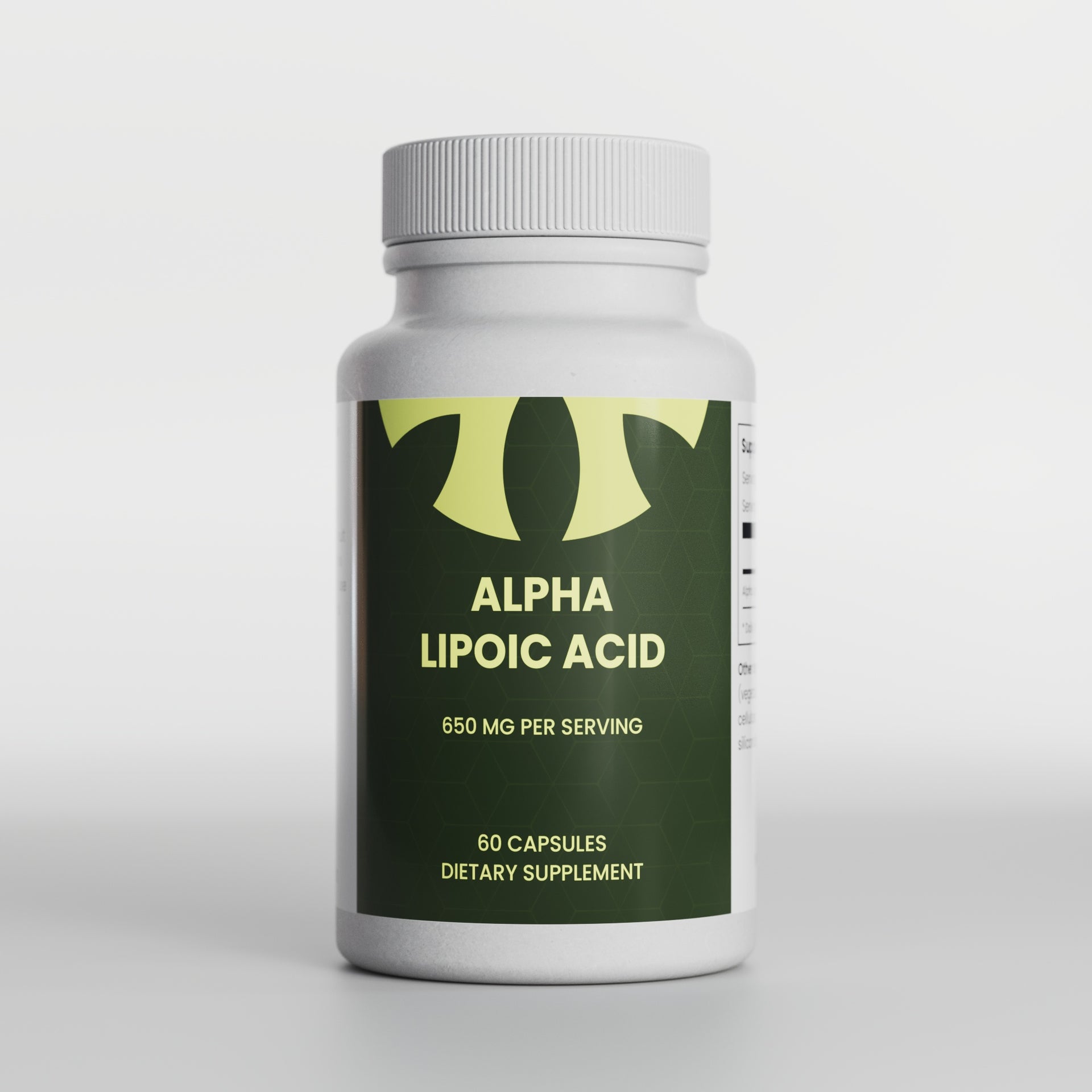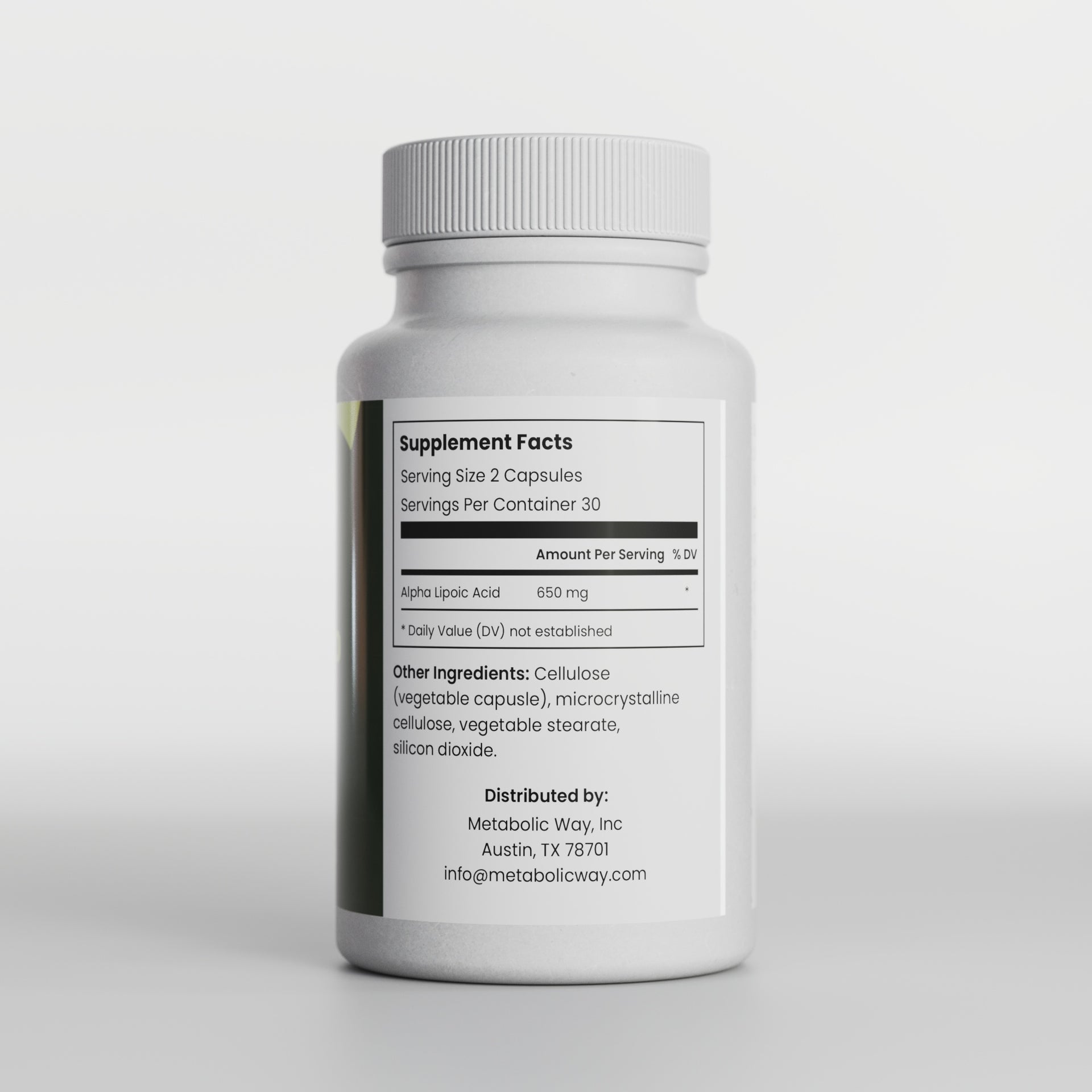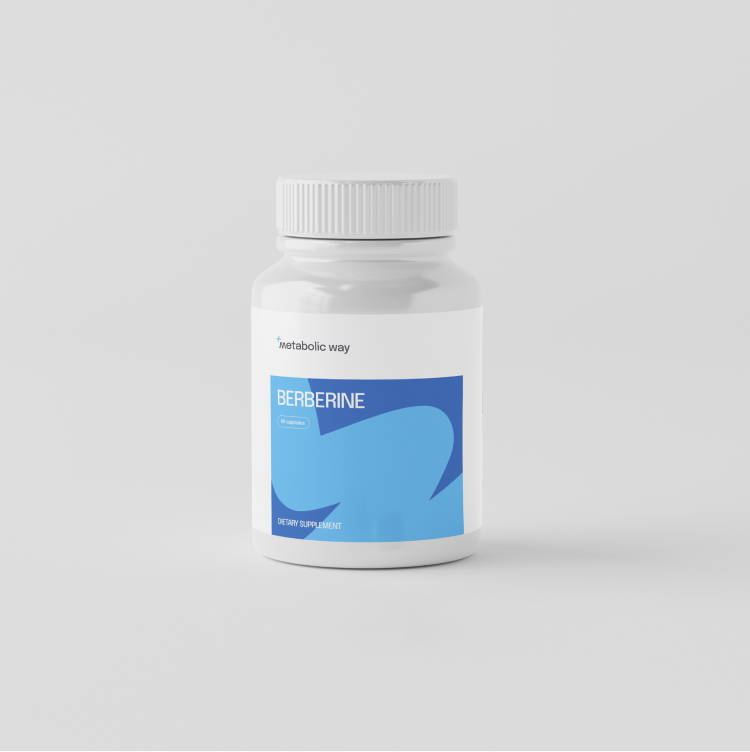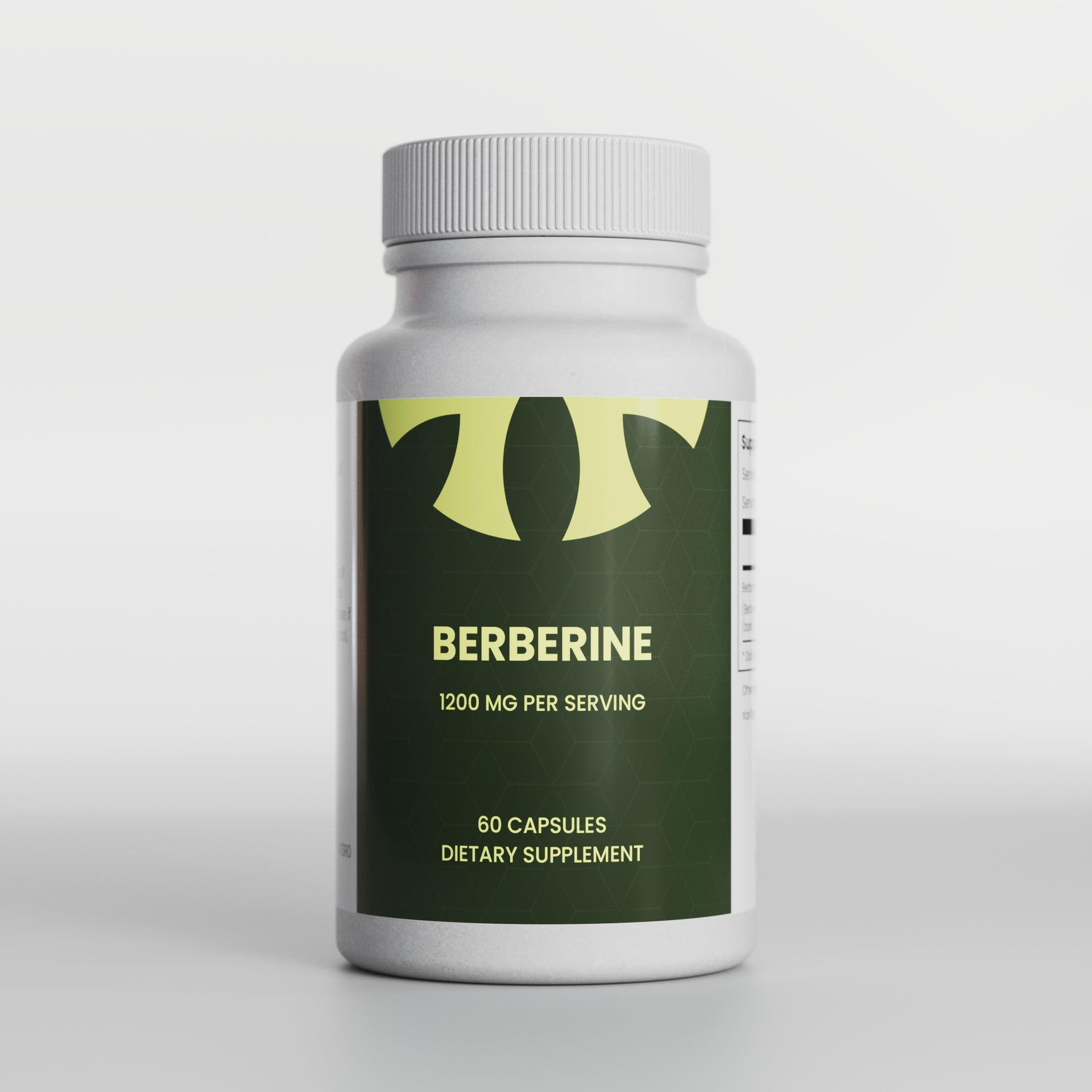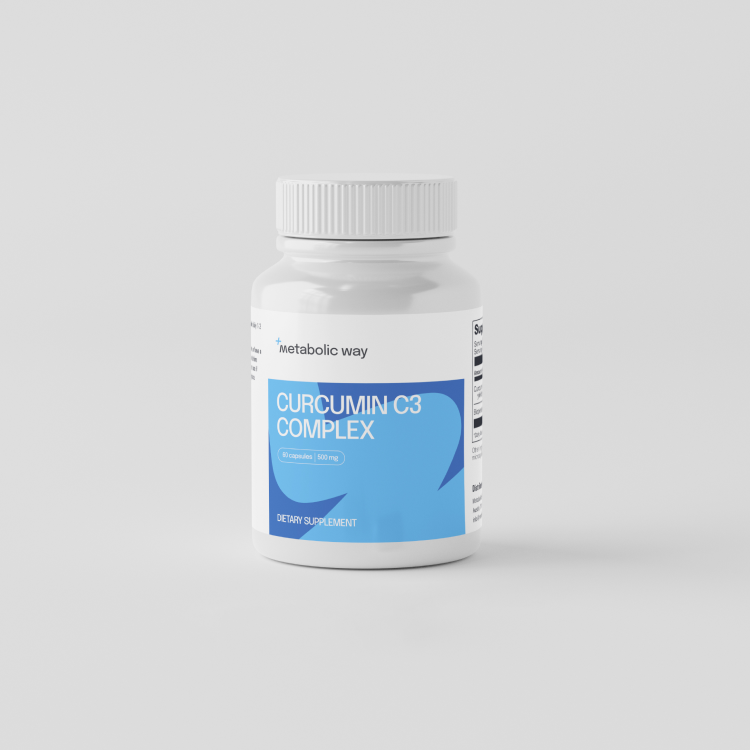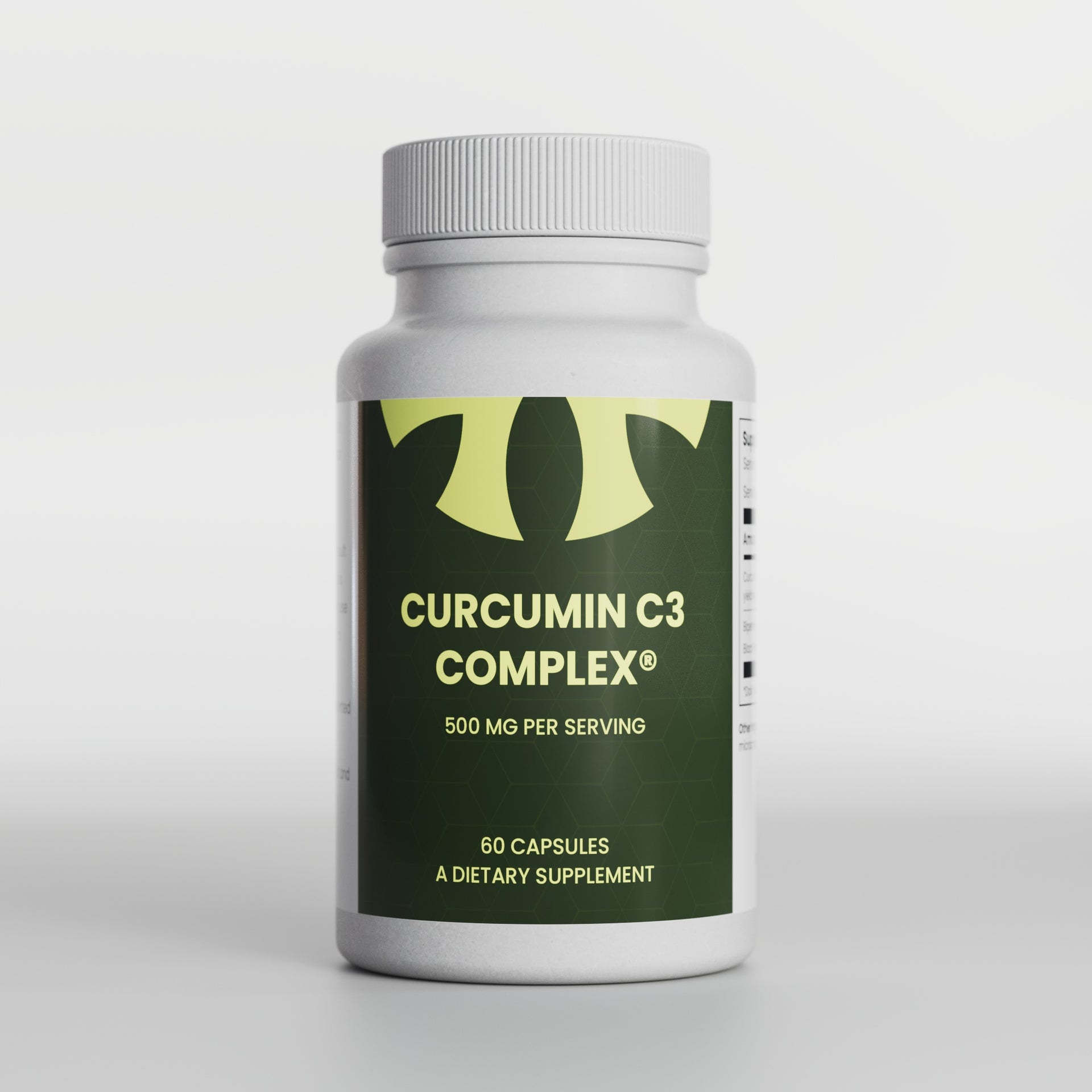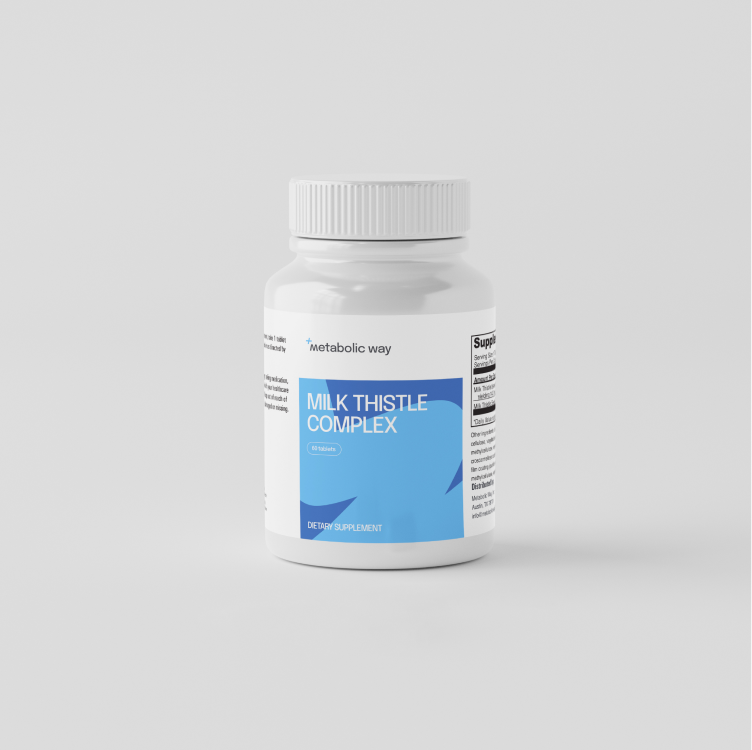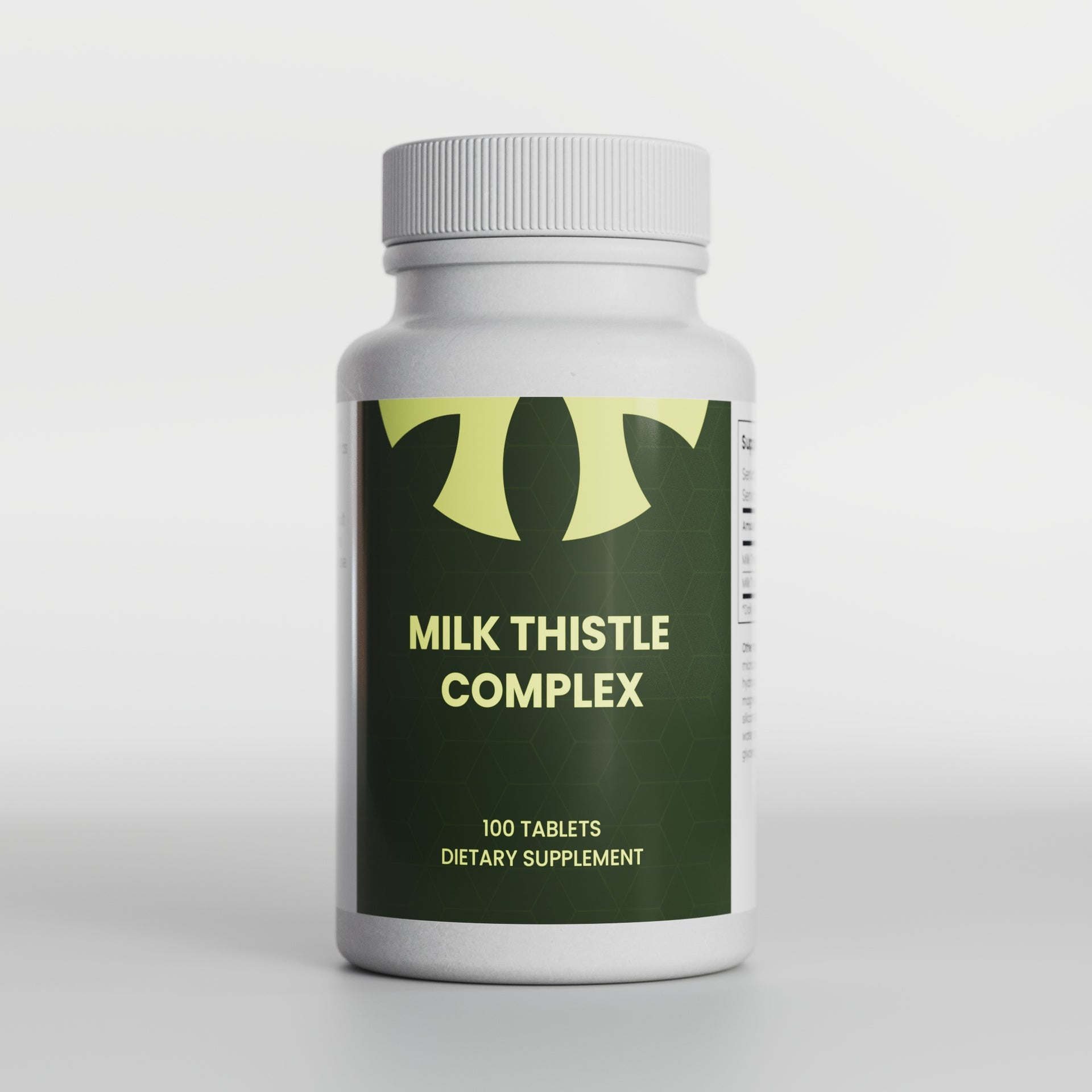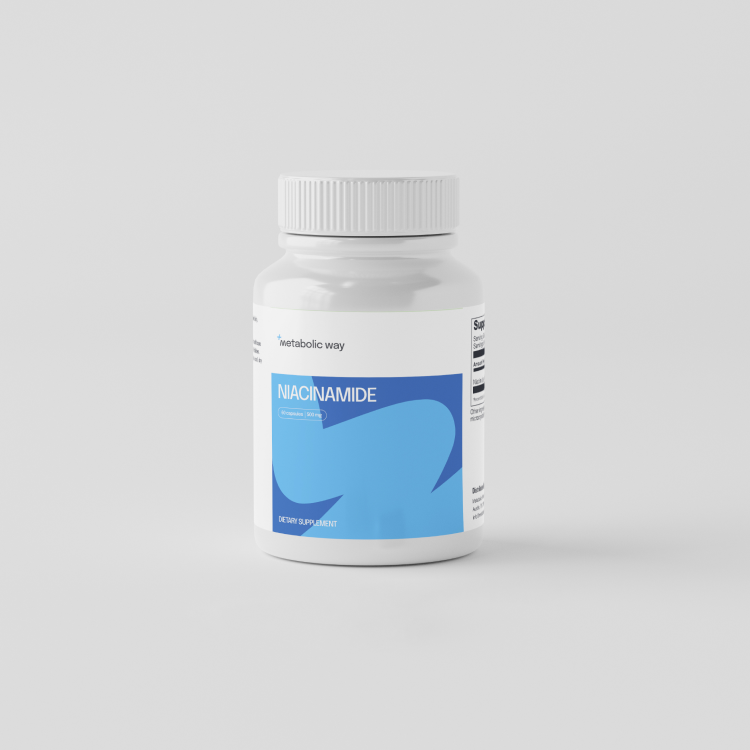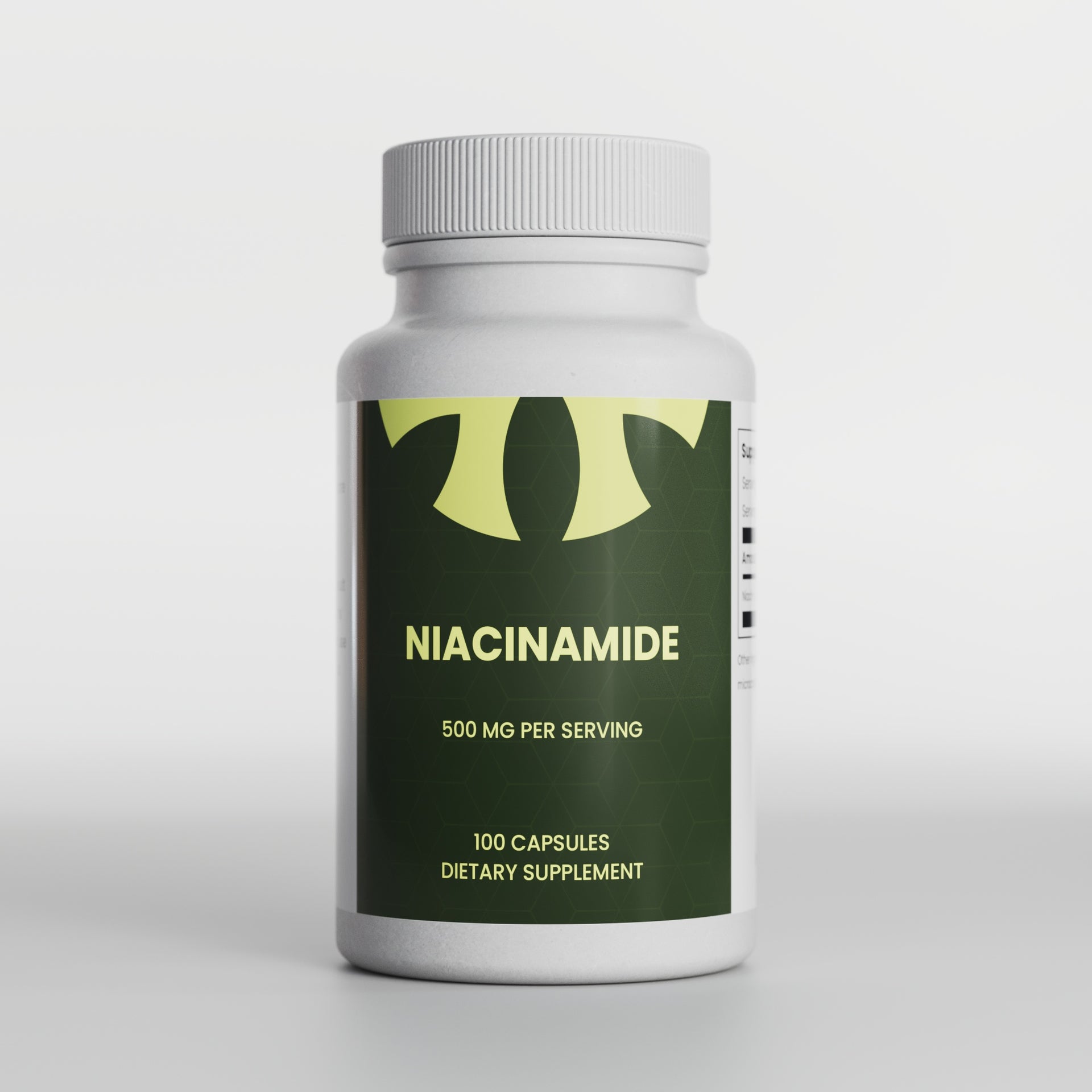Research Highlights:
Main Point 1: Moderate Coffee Consumption Linked With Lower Coronary Artery Calcium
Main Point 2: Broccoli Sprout Extract Shows Promise For Head And Neck Cancer Prevention
Main Point 3: Calorie Restriction Protects And Preserves Muscle Mass In Middle Age
Main Point 4: Top Eight Nutrients For Aging Brain
Main Point 5: Coffee Consumption Could Help Protect Against Multiple Sclerosis
Main Point 6: Trial Finds Less Inflammation In Adults Supplemented With Glucosamine/Chondroitin
Main Point 7: Pancreatic Cancer May Be Linked To Insufficient Vitamin D
Main Point 8: Selenium Reduces Heart Damage Following Cardiac Arrest
Main Point 9: Despite Dramatic Increase In Use Of Vitamin D, Toxicity Is Rare
Main Point 10: Two-Week Diet Swap Has Dramatic Impact On Colon Cancer Risk
Main Point 11: Omega-3 Essential For Brain Development
Scientifically Reviewed by: Dr. Gary Gonzalez, MD, in August 2023.
Introduction
Cancer, with its many forms and complexities, continues to be a significant concern for global health. While advancements in cancer research and treatment have brought hope, the role of diet and nutrients in cancer prevention cannot be understated. This article delves into recent findings that shed light on how various dietary choices and essential nutrients can impact health, with a particular focus on cancer prevention.
What You Need to Know
Point 1: Coffee, a widely consumed beverage, has been associated with a surprising benefit. Moderate coffee consumption appears to be linked to lower coronary artery calcium, a marker of coronary atherosclerosis. This finding emphasizes the potential protective effects of this popular drink on heart health.
Point 2: Broccoli sprout extract, rich in sulforaphane, has shown promise in preventing oral cancer. This compound, found in cruciferous vegetables, has protective effects on the lining of the mouth, making it a potential natural tool in oral cancer prevention.
Point 3: Calorie restriction, a dietary approach that involves reducing calorie intake, has been found to preserve muscle mass and function, even in middle age. This discovery highlights the potential benefits of calorie control beyond weight management.
Point 4: As we age, cognitive issues can become a concern. Eight nutrients have been identified as key players in protecting the aging brain. These include cocoa flavanols, omega-3 fatty acids, phosphatidylserine, phosphatidic acid, walnuts, citicoline, choline, and magnesium.
Point 5: Coffee consumption might extend its protective effects beyond heart health. Evidence suggests that it could help protect against multiple sclerosis, a progressive nervous system disease. High coffee intake has been associated with a reduced risk of developing this condition.
Point 6: Glucosamine and chondroitin sulfate, commonly used for arthritis symptoms, have shown potential anti-inflammatory effects. These supplements were associated with reduced levels of C-reactive protein, a marker of inflammation.
Point 7: Vitamin D, often linked to bone health, may also play a role in preventing pancreatic cancer. Regions with reduced sunlight exposure, leading to lower vitamin D formation, were associated with a higher risk of pancreatic cancer.
Point 8: Selenium, specifically selenide, has demonstrated protective effects against heart damage following cardiac arrest. This discovery suggests that supplementing with selenide could be beneficial in reducing reperfusion injury.
Point 9: Despite the significant increase in vitamin D supplementation, cases of vitamin D toxicity remain rare. This finding emphasizes the safety of vitamin D supplementation when used as recommended.
Point 10: Diet can have a rapid impact on cancer risk. A two-week diet swap between African American men and African men resulted in a substantial reduction in colon cancer risk for the former and an increase for the latter. This highlights the potential for dietary changes to influence cancer risk within a short timeframe.
Point 11: Omega-3 fatty acids, particularly docosahexaenoic acid (DHA), have been found to be crucial for fetal brain development. Adequate DHA intake during pregnancy is essential for optimal brain development in the fetus.
In the following sections, we will explore these points in greater detail, providing insights into the latest research findings and their implications for health and cancer prevention.
Section 1: Moderate Coffee Consumption and Heart Health Coffee is a beloved beverage enjoyed by millions worldwide. Recent research suggests that moderate coffee consumption might have a protective effect on heart health. This finding is particularly relevant given the importance of cardiovascular health in cancer prevention.
Subsection 1.1: Coffee and Coronary Artery Calcium A study conducted as part of the Kangbuk Samsung Health Study investigated the relationship between coffee consumption and coronary artery calcium scores. Coronary artery calcium is a marker of coronary atherosclerosis and is predictive of future heart disease. Surprisingly, the study revealed that moderate coffee consumption was associated with a reduced risk of detectable coronary artery calcium.
The study categorized coffee consumption into different levels, and the results were striking. Consuming one to less than three cups of coffee per day was linked to a 13% lower risk of detectable coronary artery calcium compared to those who abstained from coffee. Even more remarkably, an intake of three to less than five cups per day was associated with a substantial 40% lower risk.
These findings indicate that moderate coffee consumption might confer benefits to heart health by reducing the risk of coronary artery calcium, a marker of heart disease. Coffee, a common part of many people's daily routines, could play a role in maintaining cardiovascular well-being.
Subsection 1.2: Implications for Cancer Prevention The implications of this research on coffee and heart health extend beyond cardiovascular concerns. Cancer prevention strategies often emphasize the importance of a healthy lifestyle, including maintaining heart health. The potential heart-protective effects of moderate coffee consumption suggest that this popular beverage could be a part of a broader strategy for reducing cancer risk.
Section 2: Sulforaphane in Broccoli Sprouts and Oral Cancer Prevention Cruciferous vegetables like broccoli are well-known for their potential cancer-fighting properties. Recent research has delved into a specific compound found in broccoli sprouts, sulforaphane, and its role in preventing oral cancer.
Subsection 2.1: Broccoli Sprout Extract and Oral Cancer A study presented at the American Association for Cancer Research Annual Meeting explored the protective effects of broccoli sprout extract against oral cancer. Sulforaphane, a compound present in broccoli and other cruciferous vegetables, has garnered attention for its potential to combat environmental carcinogens and various cancers.
In this research, preliminary studies conducted on human volunteers indicated that broccoli sprout extract was associated with protective changes in the lining of the mouth. This suggests that sulforaphane from broccoli sprouts is well-absorbed and can target at-risk oral tissue. The promising outcomes of these preliminary studies have paved the way for a clinical trial involving individuals successfully treated for head and neck cancer, who will be given broccoli seed powder capsules.
The significance of this research lies in its potential to offer a safe and natural method for protecting the oral lining from the development of secondary cancers. For individuals who have battled head and neck cancer, this could be a vital tool in reducing the risk of recurrence.
Section 3: Calorie Restriction and Muscle Preservation Calorie restriction, the practice of reducing calorie intake while maintaining essential nutrients, has gained attention for its potential health benefits. Recent research has highlighted its role in preserving muscle mass, even during middle age.
Subsection 3.1: Calorie Restriction and Muscle Mass A study reported in the American Journal of Physiology-Endocrinology and Metabolism explored the impact of calorie restriction on muscle mass and function. Researchers conducted experiments involving middle-aged and young rats, subjecting them to high-calorie or normal diets.
The results were intriguing. The middle-aged rats subjected to calorie restriction not only retained their muscle mass but also exhibited similar muscle metabolism levels to their younger counterparts. In contrast, the younger rats on calorie-restricted diets experienced a reduction in muscle mass.
These findings underscore the potential benefits of calorie restriction beyond weight management. Preserving muscle mass and function, especially as individuals age, can contribute to overall health and vitality. For cancer prevention, maintaining muscle health is crucial for staying physically active and adopting a cancer-preventive lifestyle.
Section 4: Nutrients for an Aging Brain Cognitive health is a concern that grows as individuals age. Recent research has identified eight essential nutrients that play a significant role in protecting the aging brain.
Subsection 4.1: The Top Eight Nutrients In a paper published by the Institute of Food Technology, editor Linda Milo Ohr listed the top eight nutrients that can safeguard the aging brain:
- Cocoa Flavanols: These compounds can improve the function of the dentate gyrus, a specific region of the brain associated with age-related memory.
- Omega-3 Fatty Acids: Omega-3s contribute to improved recognition memory, spatial memory, and the retention of adverse responses.
- Phosphatidylserine and Phosphatidic Acid: A combination of these nutrients has shown promise in benefiting memory, mood, and cognitive function.
- Walnuts: Research suggests that walnuts may delay the onset or slow the progression of Alzheimer's disease in mice.
- Citicoline: This nutrient has the potential to protect the brain from free radical damage. 6. Choline: Choline plays a role in preventing brain chemistry changes that lead to cognitive decline.
- Magnesium: For individuals who have experienced a concussion, magnesium supplementation may be beneficial.
- Blueberries: These berries have been associated with increased neural signaling in brain centers.
Maintaining cognitive function and mental acuity is a vital aspect of a healthy and fulfilling life, particularly in the context of cancer prevention. These nutrients offer potential strategies for supporting brain health as individuals age.
Section 5: Coffee and Multiple Sclerosis Risk Reduction Coffee's potential health benefits extend beyond heart health and oral cancer prevention. Recent research suggests that coffee consumption might be linked to a reduced risk of developing multiple sclerosis, a progressive disease of the nervous system.
Subsection 5.1: Coffee and Multiple Sclerosis A presentation at the American Academy of Neurology's 67th Annual Meeting presented findings that indicate a protective effect of coffee drinking against the risk of developing multiple sclerosis. Researchers, led by Ellen Mowry, MD, MCR, evaluated data from two case-control studies conducted in Sweden and the United States.
The results were intriguing. Individuals who consumed at least six cups of coffee per day in the year before multiple sclerosis diagnosis had a 33% lower risk of developing the condition compared to non-coffee drinkers. Additionally, drinking four cups or more per day also showed a similar protective benefit. High coffee intake five or ten years prior to diagnosis was associated with significant protection.
These findings open up avenues for further research into the potential mechanisms by which coffee might influence the development of multiple sclerosis. For individuals concerned about neurological health and cancer prevention, these insights could be significant.
Section 6: Glucosamine and Chondroitin in Inflammation Reduction Glucosamine and chondroitin sulfate are commonly used nutritional supplements for alleviating arthritis symptoms. Recent research has uncovered potential anti-inflammatory effects associated with these supplements.
Subsection 6.1: Glucosamine and Chondroitin's Impact on Inflammation A double-blind, crossover study reported in PLoS One examined the effects of supplementation with chondroitin sulfate and glucosamine hydrochloride on inflammatory markers, including C-reactive protein (CRP). CRP is a well-known marker of inflammation.
The study involved overweight men and women, and participants received either the supplements or a placebo for 28 days, with intervals in between. Blood samples collected at various points were analyzed for CRP levels and other inflammatory markers.
The results indicated that supplementation with glucosamine and chondroitin was associated with a notable 23% reduction in CRP levels compared to the placebo group. This suggests that these supplements might have anti-inflammatory properties.
Reducing chronic inflammation is a crucial aspect of cancer prevention. Chronic inflammation has been linked to an increased risk of cancer development. Therefore, the potential of these supplements to reduce inflammation is of interest to individuals seeking to reduce their cancer risk.
Section 7: Vitamin D and Pancreatic Cancer Risk Vitamin D is renowned for its role in bone health, but recent research has shed light on its potential significance in preventing pancreatic cancer.
Subsection 7.1: Vitamin D Insufficiency and Pancreatic Cancer An article published in the Journal of Steroid Biochemistry and Molecular Biology explored the relationship between vitamin D insufficiency and the risk of pancreatic cancer. The study utilized data from 107 countries in 2008 and examined the association between cloud-adjusted ultraviolet B (UVB)
irradiance and pancreatic cancer incidence rates.
The findings were noteworthy. Regions with lower UVB irradiance, typically areas farther from the equator with increased cloud cover, were associated with a sixfold greater risk of pancreatic cancer compared to regions with higher irradiance. Even after adjusting for other risk factors
such as alcohol consumption, obesity, and smoking, the link between vitamin D insufficiency and pancreatic cancer risk remained significant.
These results highlight the potential importance of vitamin D in pancreatic cancer prevention. Individuals residing in regions with limited sunlight exposure may be at a higher risk of developing this type of cancer, emphasizing the need for adequate vitamin D intake.
Section 8: Selenium and Heart Damage Reduction Selenium, particularly in the form of selenide, has been investigated for its potential to reduce heart damage following cardiac arrest.
Subsection 8.1: Selenium and Reperfusion Injury Research published in Critical Care Medicine explored the protective effects of selenide against reperfusion injury, a phenomenon that occurs when blood flow is restored to the heart after cardiac arrest.
In mouse models of ischemia reperfusion injury, researchers observed that selenium levels increased in the heart following injury. This led to the hypothesis that supplementing the body with selenide after a heart attack, before blood flow is restored, could protect heart tissue from damage.
Indeed, administration of selenide in a mouse model of acute myocardial infarction and reperfusion injury resulted in significant protection of heart tissue. These findings suggest a potential role for selenium in mitigating the damage caused by reperfusion injury.
For individuals concerned about heart health and cancer prevention, understanding how selenium may reduce heart damage could be of great interest.
Section 9: Vitamin D Supplementation and Toxicity Vitamin D supplementation has become increasingly common, especially due to concerns about vitamin D deficiency. However, research indicates that toxic levels of vitamin D are exceptionally rare.
Subsection 9.1: Vitamin D Supplementation and Toxicity An analysis of data from the Rochester Epidemiology Project in Minnesota, covering the years 2002 to 2011, revealed that toxic levels of vitamin D are rare. Of the 20,308 patients included in the analysis, only 8% had vitamin D levels greater than 50 ng/mL, with less than 1% having levels exceeding 100 ng/mL. Vitamin D levels above 50 ng/mL are generally considered high by mainstream medical standards.
Hypercalcemia, a condition characterized by elevated blood calcium levels, is a concern with excessively high vitamin D levels. However, the study found no increased risk of hypercalcemia even in individuals with vitamin D levels exceeding 50 ng/mL.
These findings provide reassurance about the safety of vitamin D supplementation, even at relatively high levels. Adequate vitamin D is essential for bone health and overall well-being, making it a critical consideration for cancer prevention.
Section 10: Dietary Impact on Colon Cancer Risk Colon cancer is a significant health concern worldwide, and recent research has highlighted the potential impact of dietary changes on colon cancer risk.
Subsection 10.1: Diet Swap and Colon Cancer Risk A groundbreaking study published in Nature Communications explored the rapid impact of dietary changes on colon cancer risk. Researchers conducted a unique experiment involving African American men who swapped diets with men living in Africa.
The findings were astonishing. Within just two weeks of switching diets, substantial changes were observed. African American men who adopted a high-fat, low-fiber Western diet showed alterations in their microbiome, increased inflammation, and other markers associated with higher colon cancer risk. In contrast, the African men who consumed a high-fiber diet experienced a reversal of colon cancer risk markers.
These results highlight the potential for dietary modifications to influence colon cancer risk rapidly. Even short-term changes in diet can impact markers associated with cancer development. This underscores the importance of a healthy diet in cancer prevention.
Section 11: Omega-3 Fatty Acids and Brain Development Omega-3 fatty acids, particularly docosahexaenoic acid (DHA), have been recognized for their importance in fetal brain development.
Subsection 11.1: DHA and Brain Development Research conducted at the University of California Irvine shed light on the critical role of DHA in fetal brain development. In this study, researchers examined the impact of DHA deficiency on the brains of African clawed frogs (Xenopus laevis).
Mother frogs were fed diets with varying DHA levels, and their offspring were examined at intervals. The results revealed that DHA-deficient diets led to reduced DHA levels in eggs and tadpoles. Furthermore, brain DHA levels decreased by 57% in later stages. These deficiencies were associated with poorly developed optic neurons and reduced synaptic activity.
However, when mothers with DHA-deficient diets were later given fish oil supplements rich in omega-3s, the next generation of tadpoles exhibited normal neuronal and synaptic growth.
These findings underscore the critical role of DHA in brain development and suggest that adequate omega-3 intake during pregnancy is essential for the healthy development of the fetal brain.
Summary
In this comprehensive overview, we have explored a range of recent research findings related to various aspects of health, including heart health, cancer prevention, cognitive function, and overall well-being. From the potential protective effects of broccoli sprout extract against oral cancer to the role of vitamin D in pancreatic cancer prevention, each research highlight provides valuable insights into maintaining and enhancing health.
The key takeaway from these findings is that lifestyle factors, including diet, supplementation, and overall wellness, play a crucial role in health and disease prevention. Individuals can make informed choices to reduce their risk of cancer and other chronic diseases by adopting healthy practices, such as consuming nutrient-rich foods, staying physically active, and managing inflammation.
As research continues to advance our understanding of health and disease, it is essential for individuals to stay informed and take proactive steps to prioritize their well-being. By incorporating the latest scientific insights into their lives, individuals can work toward a healthier, more resilient future.
References:
- Bauman J, et al. American Association for Cancer Research Annual Meeting. 2015. 2. Cohen-Cory S, et al. J Neurosci. 2015.
- Garland CF, et al. J Steroid Biochem Mol Biol. 2015.
- Mowry EM, et al. American Academy of Neurology’s 67th Annual Meeting. 2015. 5. O'Keefe SJ, et al. Nature Communications. 2015.
- PLoS One. 2015.
- Rochester Epidemiology Project. Mayo Clinic Proceedings. 2015.
- University of California Irvine. J Neurosci. 2015.

